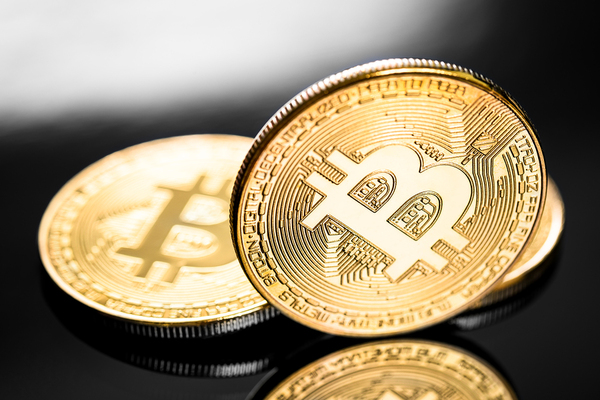
You know how bitcoin mining functions. Anybody can download the software and mine blocks, hoping to be the first to solve a complicated mathematical problem and get the coins hidden inside that precious block. But what about altcoins where the supply is more tightly controlled? Who does the mining then? The guy with the license, that’s who.
Think of proof of authority as a type of license to mine. In private blockchains and altcoin networks, such as Ripple, proof of authority is granted only to a small number of nodes on the network. Generally, these are the nodes run by the private company that owns the blockchain, although they can grant proof of authority to other nodes depending on the situation. For example, an ecologically conscious altcoin network might only offer proof of authority to miners who get all the energy from their mining from renewable resources. If you have the authority, you can mine blocks and get coins.
Proof of authority is a handy tool for private blockchains because they can keep a tighter grip on both coin supply and coin trading. Part of the free-for-all, and thus volatility, of some altcoins comes from the fact that anybody from professional operations to some guy with a personal computer and good timing can luck into a supply. Proof of authority allows more control over who mines, how they sell, and the timing of both, while still allowing for some elasticity. To learn more about proof of authority, and how it impacts potential investment, subscribe to the Bitcoin Market Journal newsletter!

